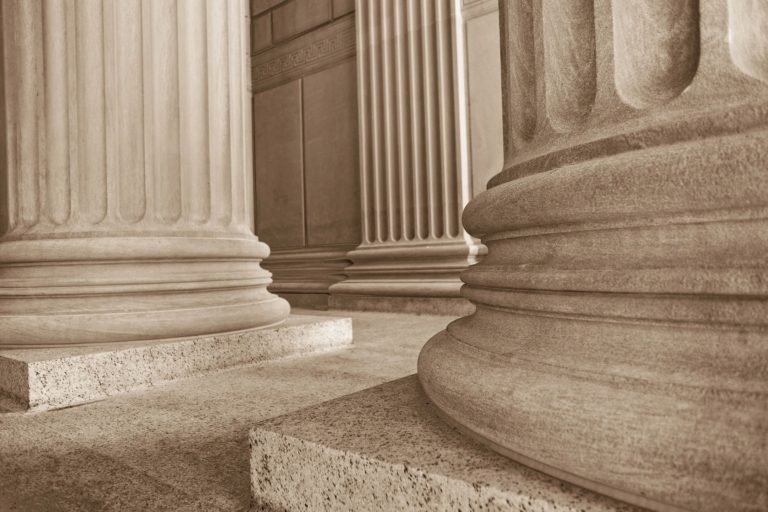Reentering life after prison is a challenge, especially when it comes to money. People with records often can’t find work and owe money as a direct result of their crimes.
Jurisdictions need to assess their hefty court fines and fees, called legal financial obligations (LFOs). These force defendants to pay thousands of dollars in court and legal fees or face more jail time.
For example, one formerly incarcerated woman found to have been assessed $33,000 in LFOs was $72,000 in debt 13 years later even though she was paying the minimum each month.
These legal financial obligations only reinforce poverty, destabilize community reentry, and leave people in heavy debt. Most people in jail are poor already and can never escape the added burden of the fees.
The cycle happens when the formerly incarcerated are forced to pay punitive, high-interest rates on the fines and end up accumulating debt. Many people realize they may never pay off their LFOs, leading to an unending cycle of poverty.
These fees include bench-warrant fees, filing-clerks fees, court-appointed attorney fees, crime-lab analysis fees, DNA-database fees, jury fees, and incarceration costs. Surcharges and interest are then added.
The fines and fees vary by state from $500 in Massachusetts to $500,000 in Alaska.
Former prisoners can also be re-incarcerated if they fail to pay their fees, but if a judge sees the person is attempting to or has gained meaningful employment they can help prevent this from happening.
The fees that are collected are used for the rising costs of running courts and the fees associated with incarcerating more people. The system is financially inefficient and former prisoners are paying the fee. Or trying to. But they need help with laws put in place.










